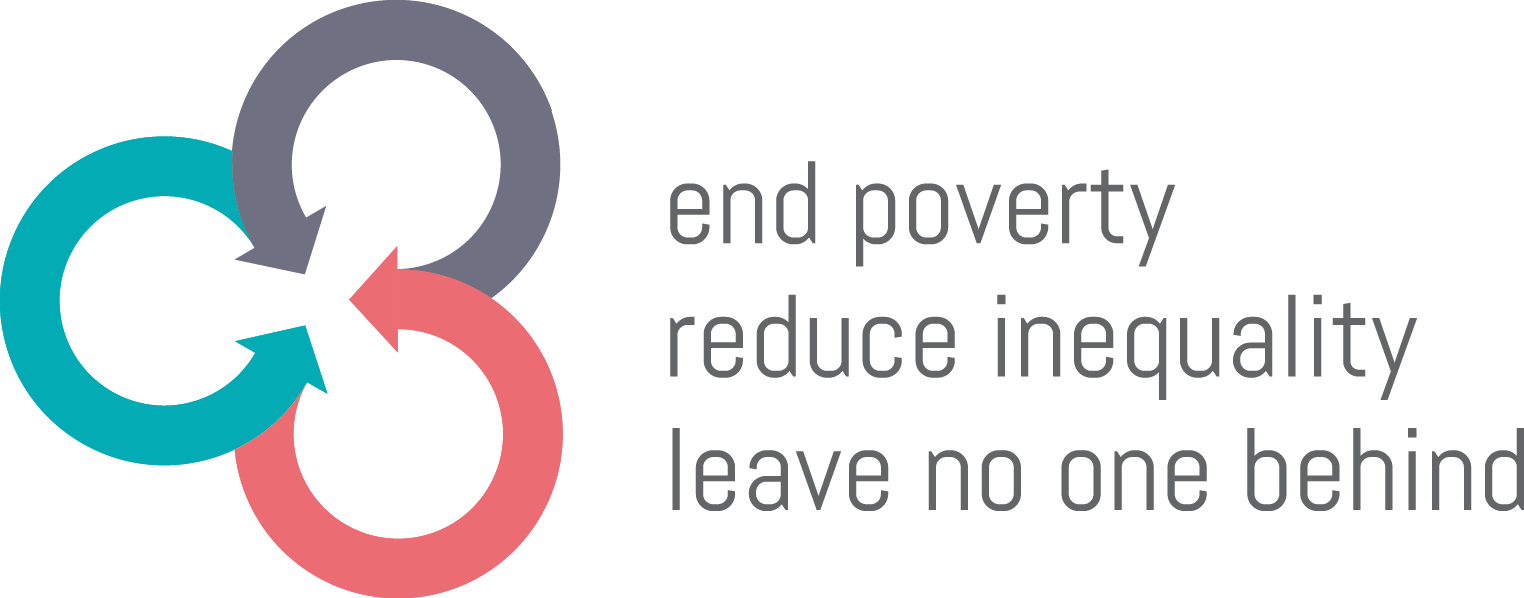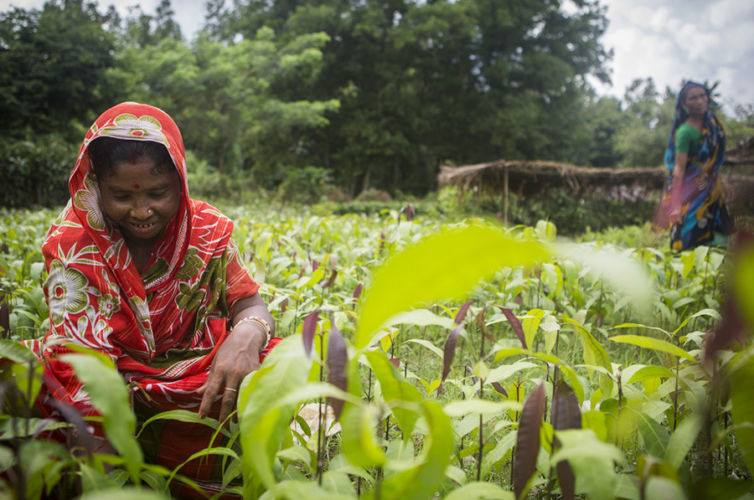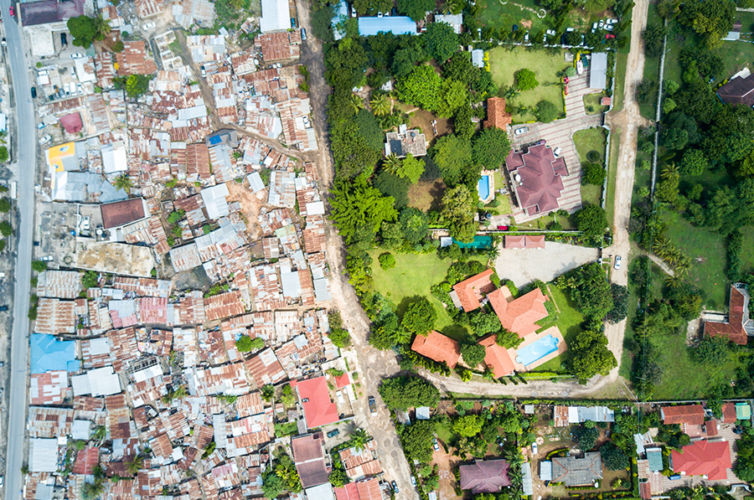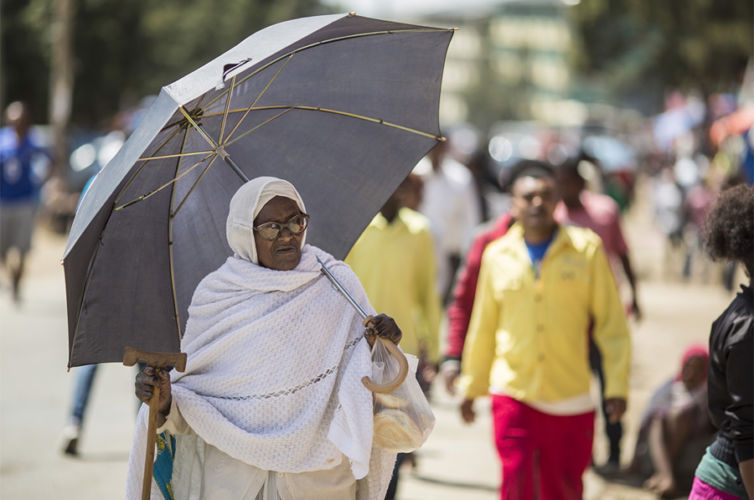To reduce inequality within and across countries, the German Federal Ministry of Economic Cooperation and Development (BMZ) initiated the Inequality Challenge – Innovative Solutions to a Global Issue. The Inequality Challenge is a global fund that supports innovative approaches, methods and tools to reduce inequality and to ensure that no one is left behind.
BMZ launched the Inequality Challenge in March 2018 with a call for applications and supported 10 projects in 10 countries that tackle inequality and advance the 2030 Agenda principle to Leave No One Behind (LNOB) in innovative ways. Innovative solutions were piloted in India, Bangladesh, Cambodia, Mongolia, Jordan, Serbia, Nigeria, Mauritania, Brazil and Mexico. Each project was funded with up to 100,000 EUR for up to 15 months.
The piloting-phase of the Inequality Challenge Innovation Fund has exceeded expectations: In total, the projects reached more than 40,000 people directly and at least 150,000 people digitally. Over 4,000 people participated in about 250 workshops and trainings worldwide and data from over 40,000 people was collected to improve LNOB targeting.
The global fund has entered its upscaling phase in 2020 and supports selected projects with “Upscaling Grants” to expand particularly scalable and transferable approaches in new regions or with new target groups. Upscaling Grants are currently implemented in India/Bangladesh, Nigeria and Serbia.
Background
Today, 75% of the population in the Global South live in countries where inequality has increased since the 1990s. Even where inequality has been successfully reduced, it remains considerably high. This global trend threatens the successful implementation of the 2030 Agenda and sustainable development in all its dimensions.
The 2030 Agenda principle of ‘leave no one behind’ (LNOB) shines the spotlight on those who have not yet benefited from poverty reduction. LNOB combines ending poverty in all its forms (SDG 1) with reducing inequality (SDG 10), as it puts an emphasis on the poorest and most vulnerable people and groups. The poorest face a variety of barriers to full participation in social, political, cultural and economic life. They have limited access to health care, education and basic services, and are often stigmatised and discriminated against. This combination – also referred to as ‘intersecting inequalities’ – creates particularly high barriers that prevent the poorest from escaping poverty.
[fvplayer id=”1″]
The explicit focus of the 2030 Agenda on LNOB and reducing inequality creates new challenges. How can international cooperation contribute to reducing inequality while at the same time targeting the overarching principle of ‘leave no one behind’? Which policies and strategies promise the highest leverage?




